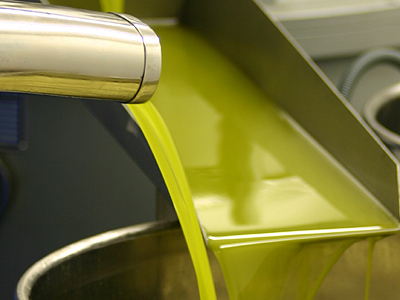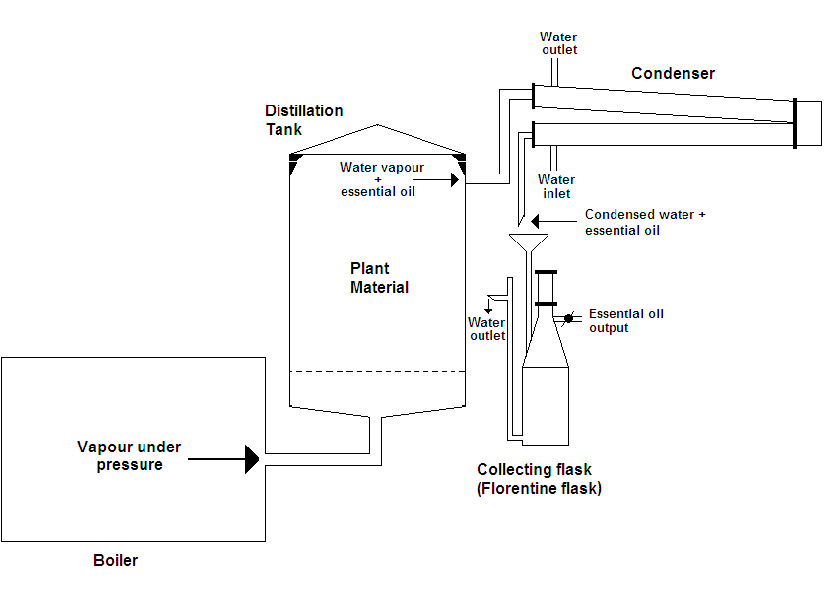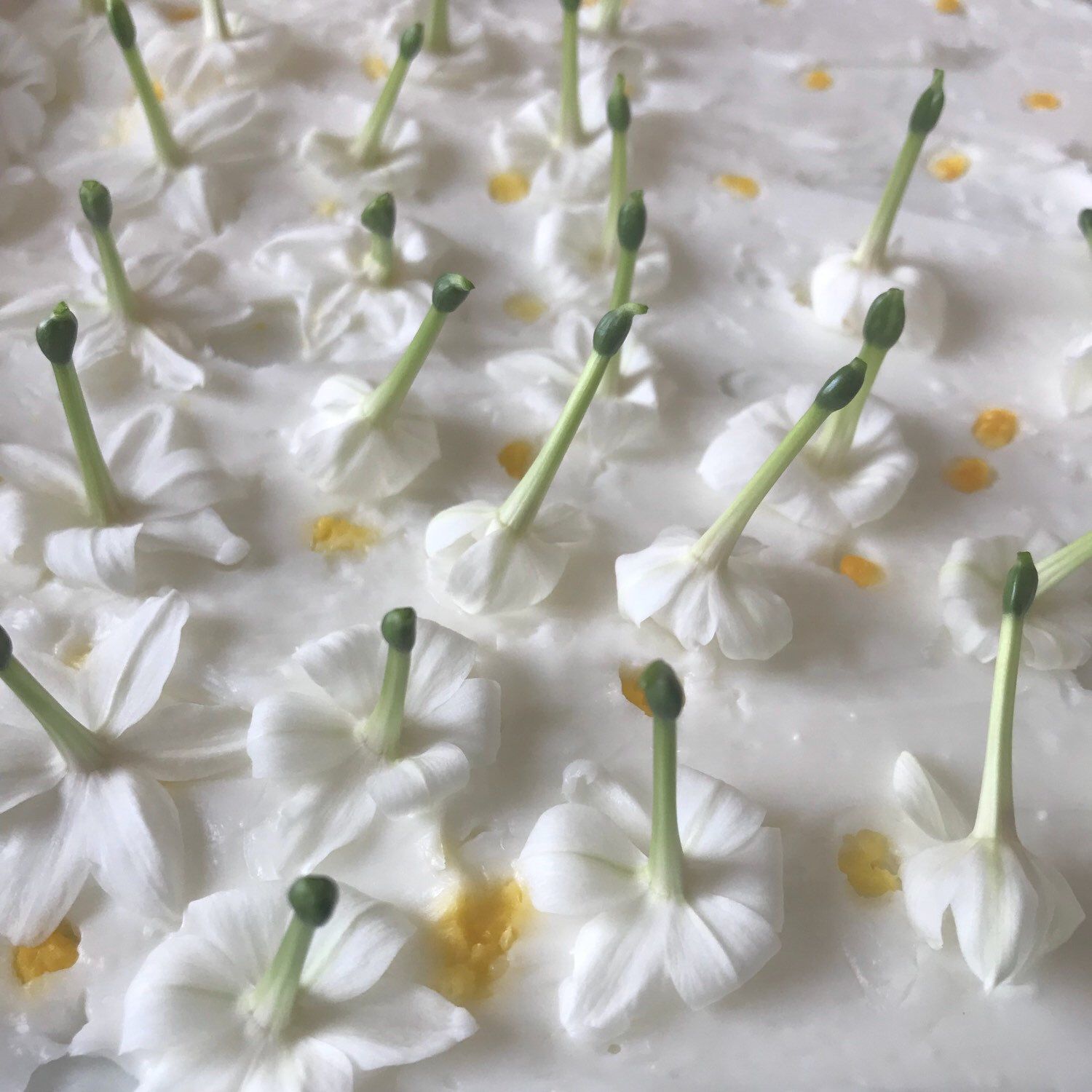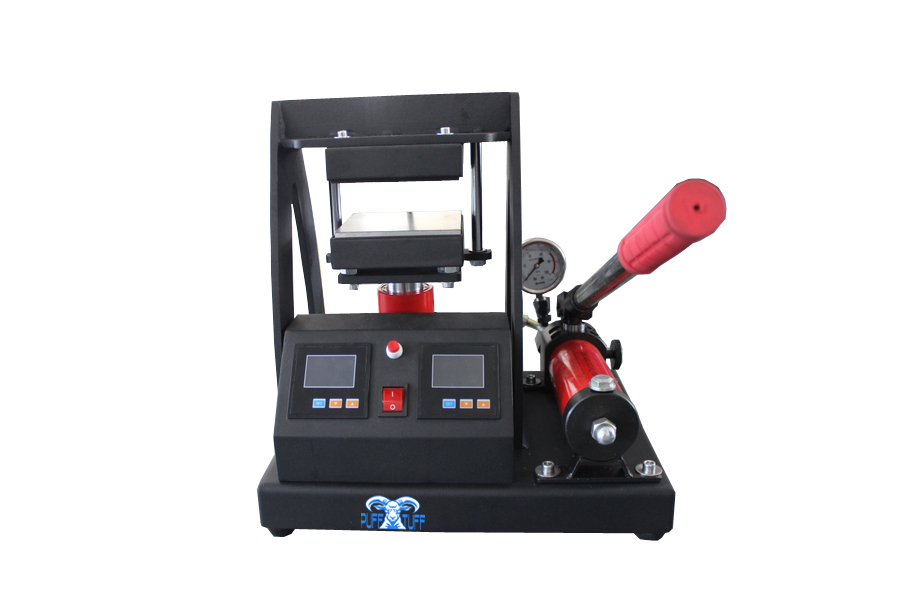Extracting essential oils from plants is a delicate process and many techniques are used to treat different plants according to their type and fragrance. Two methods involve using steam. Distillation with steam allows oils that would otherwise be broken down by plant enzymes to be distilled and impurities removed. Percolation uses steam from above to percolate through fibrous materials such as woods and barks to speed up the distillation process.
Cost effective methods
Flowers were originally crushed using a traditional aromatherapy technique called enfleurage. However, the labour-intensive cost involved led to this method being replaced by the use of volatile solvents to extract the oils. These are evaporated to leave behind the desired essential oil.
The Evolution of Extracting Oils
Ways of extracting essences from plants date back to prehistory, where frankincense and myrrh were gathered by making incisions in trees to collect the resin. The first historical practice of extraction of essential oils can be traced back 5000 years to Mesopotamia.
Arabian alchemists refined this process in medieval times and aromatherapy was perfected in 19th-century France.
Distilling Oils
A technique that has survived the test of time is distillation, although different fluids are used now as well as steam, such as liquid solvents and carbon dioxide. That steam distillation is still practised, and with even more sophisticated equipment today, shows the effectiveness and versatility of this method.
In the 1980s extraction of the essential oil using carbon dioxide was introduced to the process of distillation. This new development was found to extract very pure oils as there were no impurities in the carbon dioxide, but the production costs resulted in higher unit price for the oils.
Expression
Oils can be expressed (literally squeezed) from plants by hand or machine and this method is most often used to extract citrus oils, especially citrus fruits as these contain large amounts of oil in the peel.

Machine pressed oils are often a side-product of the food and drink industry and are relatively cheap, although hand-expressed oils are better quality - and are consequently more expensive.
Expression is a method used to squeeze oils out of plants and is often used to express citrus oils.
Steam Distillation
Steaming plants in much the same way you would steam vegetables during cooking evaporates the oils they contain, creating a steam vapour that can then be condensed into an oil and water mix in which the oil separates off.
This method is most often used to produce oil from flowers, although it may also be used to extract the essence from wood, roots and seeds.
These parts of the plant are usually crushed first.

Enfleurage
In ancient times, oil was extracted from flowers by laying them between glass plates covered with fat. The oil was squeezed out into the fat, which could then be scraped off and dissolved in alcohol to extract the oil.

This method is rarely used in modern times, however, except for such delicate plants as jasmine, whose volatile oils are too delicate to submit to other forms of extraction. Today the process is known as cold rolling and involves placing a quantity of base oil in a long stone. The flowers are placed inside a cotton gauze and rolled up. This is then submerged in the trough of base oil for 24 hours, sometimes longer.
Hydraulic Expression
In this method, a large quantity of material such as rose petals is subjected to great pressure, which squeezes out the essential oil
Both this technique and centrifugal expression may damage the subtle ingredients in more delicate flower oils and require a huge amount of blossoms or other substance to produce as small amount of oil - as a result these are some of the most costly oils of all.

Other Methods
Other methods of extracting scent include the use of resinoids and concretes. Resinoids are made from the resins extracted from tree sap. They are often solid or semi-solid until mixed with carrier oils or beauty products and are more used in the perfume industry than sold commercially as they can irritate sensitive skin.
Concretes are similar to resinoids, but are produced from flowers, roots and leaves rather than wood. They are used to produce absolutes, which are more potent than oils extracted by steam distillation. Absolutes such as rose and jasmine are expensive and are usually only used in perfumes.